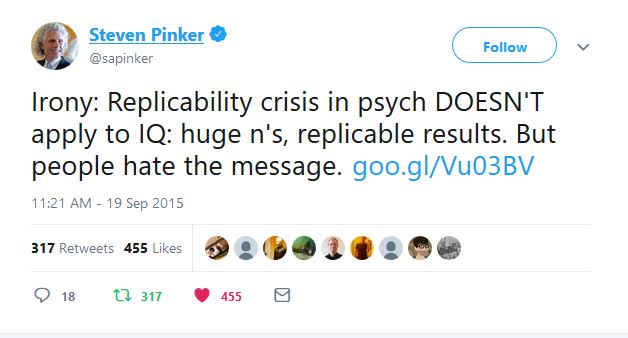Politesse
Lux Aeterna
- Joined
- Feb 27, 2018
- Messages
- 16,623
- Location
- Tauhalamme/Laquisimas
- Gender
- nonbinary
- Basic Beliefs
- Jedi Wayseeker
Culturally defined units of measurement are arbitrary but conventionalized, like any other word or symbol. They are not objective, only intersubjectively agreed upon. Various schema have attempted to fix such measures to objective phenomena, but those strategies are still dependent on social participation to function, and several different strategies have been tried over time, with various strengths and weaknesses. A centimeter is a Ship of Theseus, if you're thinking of it as identical with its paired objective quality; objectively, the only thing that ties a "centimeter as defined by one hundred-millionth of the distance from the equator to the North Pole" (1793) and a "centimeter as defined as one tenth of the length of the path travelled by light in a vacuum during the same time it takes for a caesium-133 atom in ground state to transition between two hyperfine levels" (1967) is that we call both of those things centimeters.I think objective measures exist. Something a centimeter long is objectively one centimeter long.
But a centimeter does have vastly more utility than something like a ACT score. At the end of the day, we've had more than sixty years of continuously using centimeters as defined above without it causing conflict with observed data, and there is also a clear and shared goal of centimeter usage. The property of distance, which the metric system is intended to measure, is not a matter of subjective dispute. Unlike vague, fuzzy cultural concepts like "aptitude" and "excellence" or "subject skills" which the ACT is supposed to be measuring.


